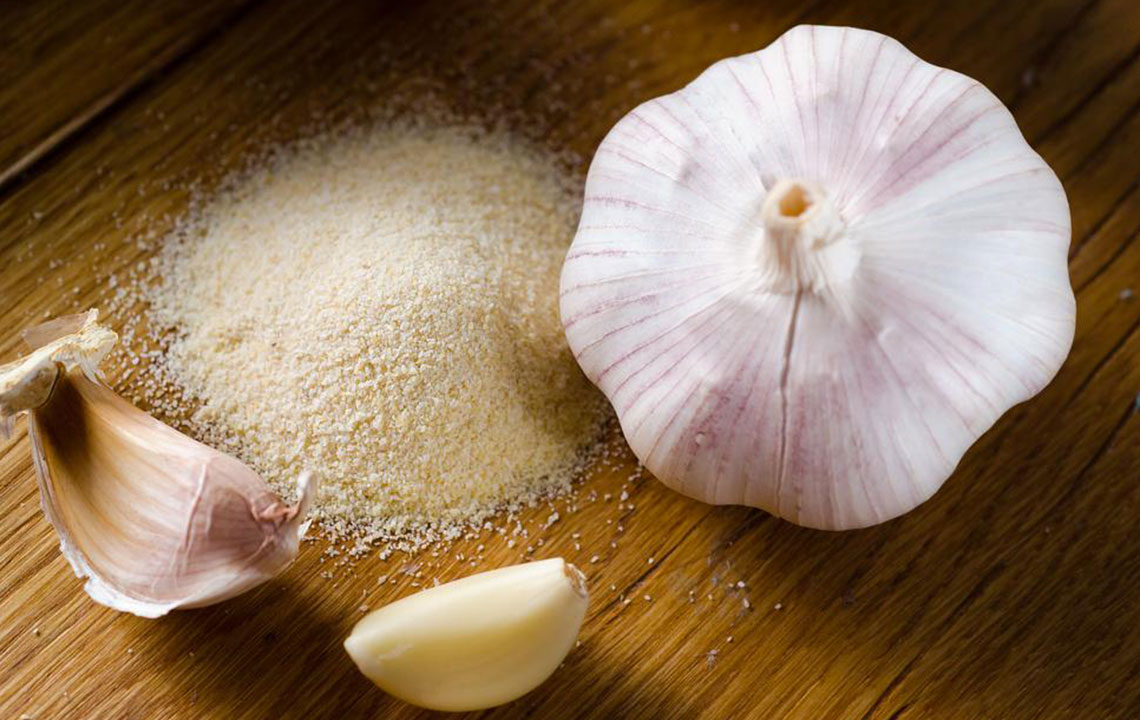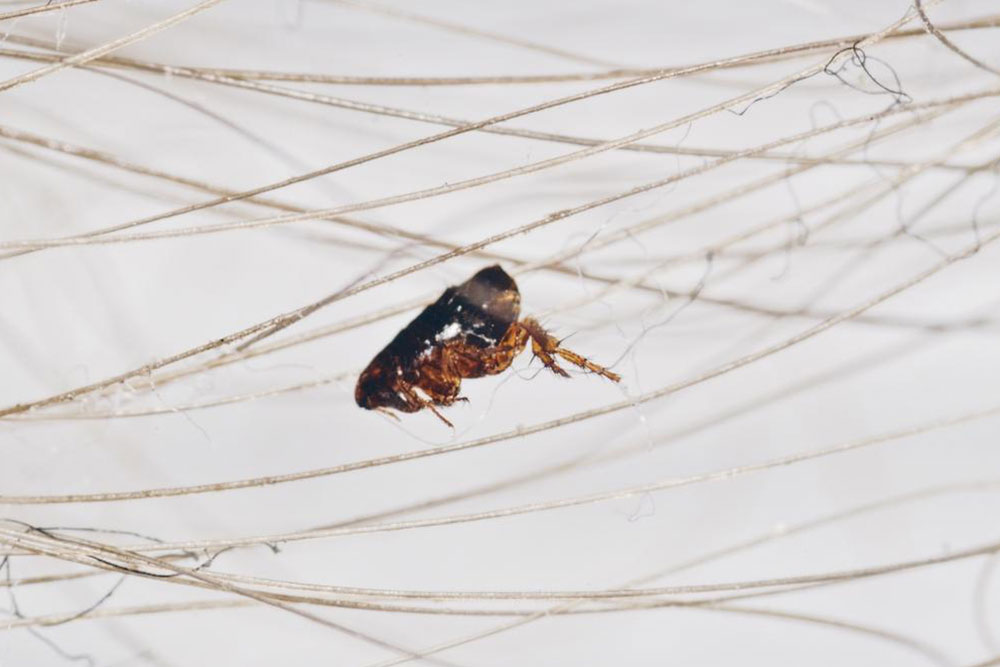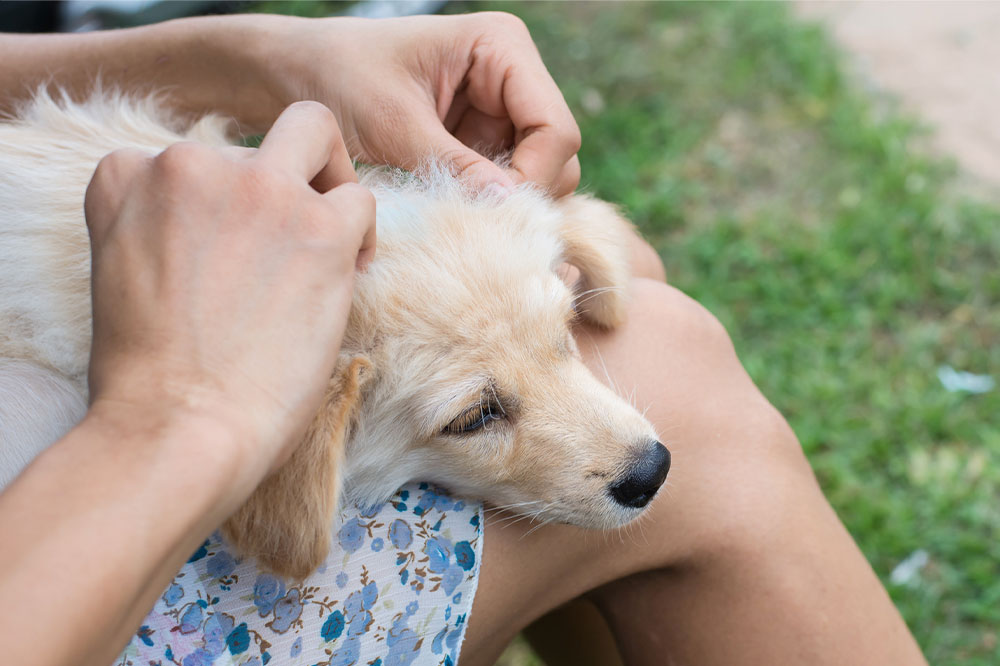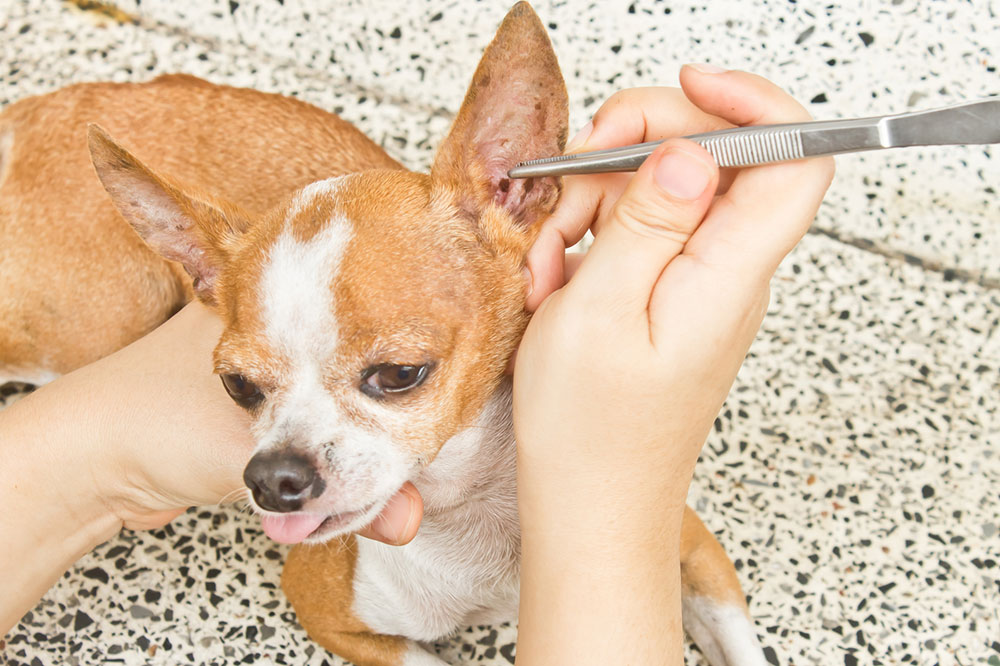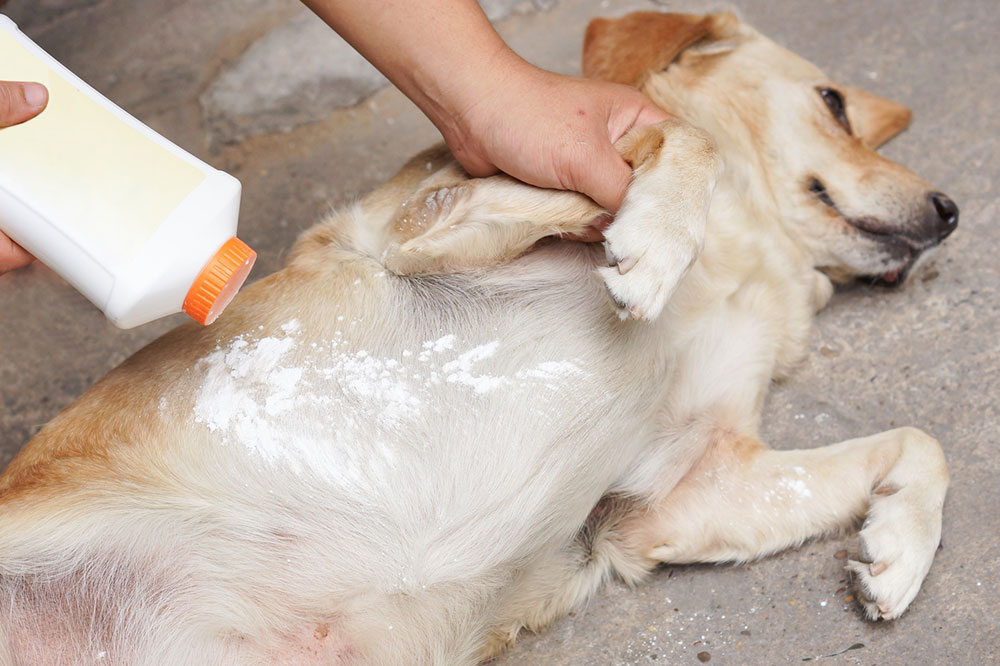Comprehensive Natural Strategies for Flea Prevention and Control in Pets at Home
Discover effective, natural flea control methods for your pets and home. From homemade collars and vinegar sprays to eucalyptus deterrents and safe vet treatments, keep fleas at bay effortlessly. Learn how to implement these eco-friendly solutions to protect your pets safely while maintaining a healthy home environment with expert tips and natural techniques.
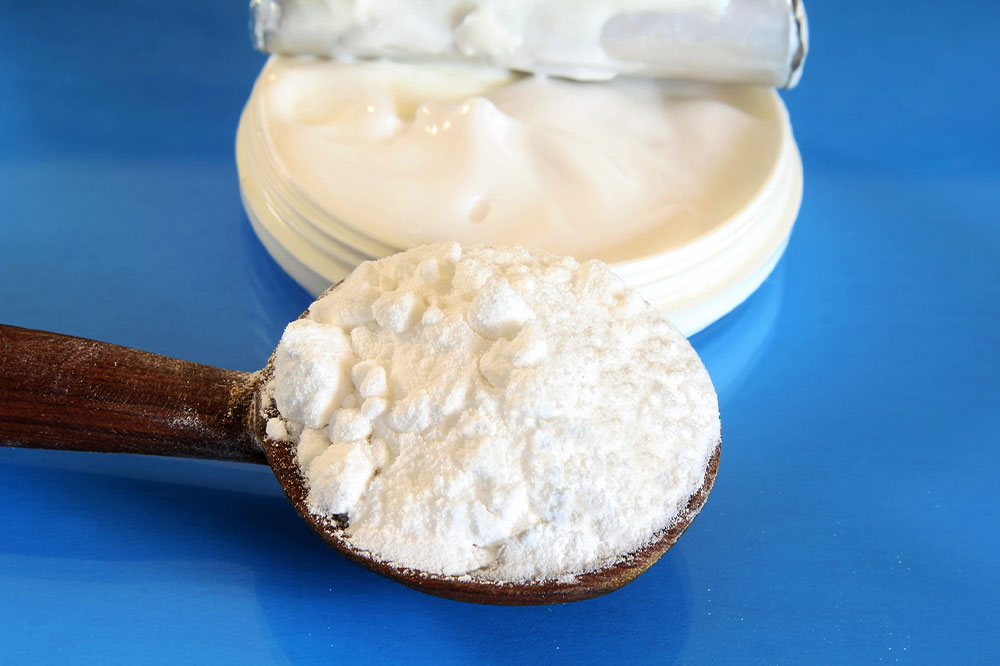
Effective Natural Solutions to Eliminate Fleas from Your Pets and Home Environment
Flea infestations are a common challenge for pet owners, especially when these pests multiply quickly and become difficult to eradicate. While chemical flea treatments are widely available, many pet owners prefer natural, non-toxic options to protect their animals and family members from potential side effects. Fortunately, there are several safe and environmentally friendly methods that can effectively combat fleas without relying on harsh chemicals. Implementing these natural solutions not only helps in eliminating existing fleas but also plays a significant role in preventing future infestations. Below, we explore some of the most effective natural flea control techniques that you can easily incorporate into your pet care routine.
Boric Acid as a Natural Insecticide: Boric acid is a naturally occurring mineral with insecticidal properties. Available in powder form, it acts as a desiccant, dehydrating fleas and their eggs, leading to their eventual death. To use boric acid safely around your home, sprinkle it lightly on carpets, furniture upholstery, and pet bedding areas. Leave it for several hours or overnight, then vacuum thoroughly to remove residue and dead fleas. Since boric acid is non-toxic to mammals when used appropriately, it is considered a safe alternative to chemical insecticides. However, keep it out of reach of children and pets, and always follow safety guidelines. Regular vacuuming following application helps remove flea eggs and debris, further reducing the risk of reinfestation.
Homemade Flea-Repellent Collars: Creating your own flea collar offers a natural, chemical-free way to protect your pets. Use a lightweight nylon or cotton collar and prepare a mixture of high-quality vodka with essential oils known for their flea-repellent qualities. Popular choices include geranium, cedarwood, eucalyptus, thyme, and lemongrass oils. Soak the collar in the mixture or apply drops directly onto the fabric, ensuring even coverage. Let it dry well before placing it on your pet. Refresh the collar weekly or when the scent begins to fade to maintain its effectiveness. This method offers a simple, affordable alternative to commercial flea collars, and the natural scents can be soothing and pleasant for pets.
Apple Cider Vinegar as a Flea Repellent: Apple cider vinegar (ACV) is well-known for its numerous health benefits for pets, including flea prevention. Dilute ACV with equal parts of water and transfer it into a spray bottle. Lightly mist your pet’s coat, especially in areas prone to flea bites, such as ears, underbelly, and tail base. Using a fine mist helps deter fleas without irritating your pet’s skin. Additionally, adding two tablespoons of ACV to your pet’s drinking water helps create an internal hostile environment for fleas, reducing their ability to survive and reproduce. Regular application of this natural spray can contribute significantly to overall flea control.
Lemon Spray for Flea Deterrence: This age-old remedy involves steeping fresh lemon quarters in boiling water overnight. Strain the mixture the next day, and use it as a spray to treat your pet’s coat. Avoid using citrus essential oils directly on pets, as some citrus extracts can be irritating or harmful. Focus on areas where fleas tend to hide, such as ears, belly, and tail base. The natural citric acid and scent of lemon serve as potent repellents. Reapply the spray regularly, especially during peak flea season, to keep your pet protected.
Eucalyptus Oil as a Natural Repellent: Eucalyptus oil has a strong scent that fleas find unappealing. To harness its repellent properties, place open jars or bowls of eucalyptus oil in different corners of your home, especially near entry points and pet resting areas. The diffuse aroma helps deter fleas from settling in your environment. Be cautious to keep the oil away from direct contact with your pet’s skin, and ensure proper ventilation to avoid overwhelming strong fumes. Using eucalyptus plants or diffusers can also be beneficial for ongoing flea prevention, creating a hostile environment for these pests.
If these natural remedies do not sufficiently control the flea infestation, or if you notice your pet itching intensively or showing signs of skin irritation, consulting your veterinarian is highly recommended. Veterinarians can prescribe medicated treatments such as Simparica®, Bravecto®, Advantage® II, and K9 Advantix® to rapidly eliminate fleas and provide long-lasting protection. For broader parasite prevention, including heartworms, roundworms, and hookworms, consider administering veterinarian-recommended products like HEARTGARD® Plus Chewables, which can be safely given to pets alongside natural flea control measures.
Implementing a combination of natural remedies and veterinary advice offers a comprehensive approach to flea prevention and control. These methods are safe for pets and your household environment, helping you maintain a healthy and flea-free home. Regular cleaning, preventive measures, and using natural repellents can significantly reduce the risk of severe infestations, ensuring your beloved pets remain happy, comfortable, and free from fleas.
